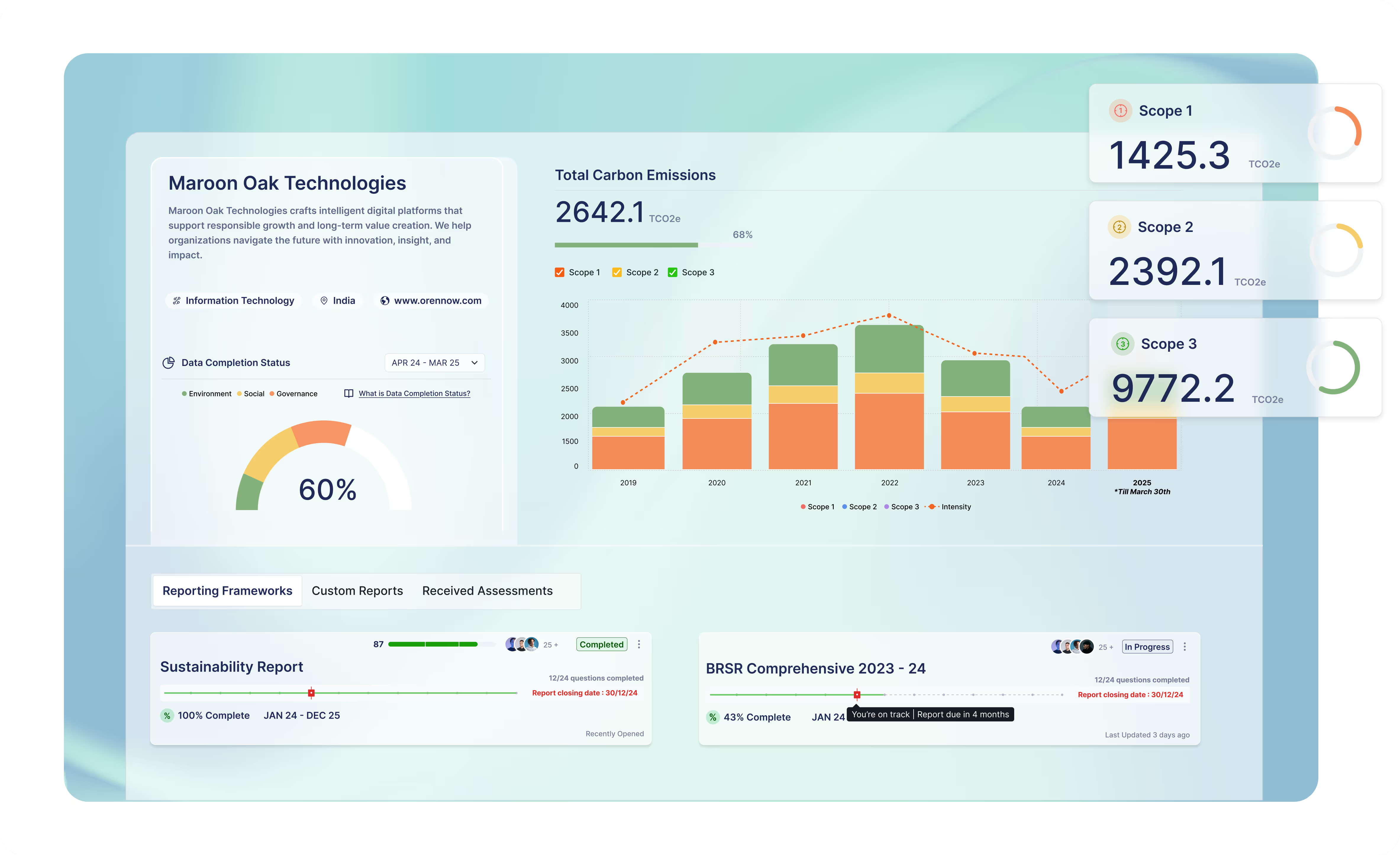The Future of ESG Investing: Navigating the Evolving Landscape

In recent years, ESG (Environmental, Social, and Governance) investing has moved beyond being a niche strategy to become a fundamental approach in the investment world. Investors now consider not just financial returns but also the impact of their investments on the environment and society. As ESG investing gains momentum, it is reshaping the financial landscape and introducing new opportunities and challenges.
Understanding ESG Investing

1. What is ESG Investing?
ESG investing integrates Environmental, Social, and Governance factors into investment decisions. This approach aims to align financial returns with positive societal impacts. Investors are increasingly aware that their investments can contribute to addressing global issues such as climate change, human rights abuses, and corporate transparency.
2. The Rise of ESG Trends
The demand for ESG information and ratings is skyrocketing. Investors seek detailed ESG reporting to make informed decisions. Compliance with regulations is becoming more stringent, reflecting growing concerns about sustainability and ethical governance. Issues like climate change, social justice, and corporate governance are now central to investment strategies, pushing investors to look beyond traditional financial metrics.
ESG Investing Strategies
1. Sustainable Investment Approaches
Investors employ various strategies to align their portfolios with ESG principles:
- Exclusionary Screening: Avoiding investments in companies that do not meet specific ESG criteria.
- Positive Screening: Investing in companies with strong ESG performance.
- Thematic Investing: Focusing on sectors such as renewable energy, sustainable agriculture, or waste management.
- Engagement: Actively influencing companies to adopt more sustainable practices.
For instance, investors in Western countries often avoid fossil fuel-dependent industries, while in emerging markets like India, there is a push towards transitioning to renewable energy rather than immediate divestment.
2. Portfolio Tilt and Screening Methods
Investors may adjust their portfolios to increase the proportion of ESG-compliant assets. This can be achieved through positive and negative screening, based on criteria such as carbon footprint, environmental sustainability, and adherence to global ESG reporting standards like GRI (Global Reporting Initiative) and SASB (Sustainability Accounting Standards Board).

Opportunities in ESG Investing
1. Expanding Impact Investing Opportunities
The shift towards ESG investing opens new avenues for businesses and investors alike. Emerging sectors such as renewable energy, green technology, and sustainable transportation are gaining traction. The Global Impact Investing Network (GIIN) 2022 survey highlights that 88% of impact investors experienced returns exceeding their expectations, underscoring the potential for long-term gains despite initial lower returns.
2. Policy Support and Market Growth
Government policies and regulations are also fostering the growth of ESG investing. For example, India's SEBI (Securities and Exchange Board of India) has authorized social venture funds, enhancing the investment climate. These regulations promote ESG investments and ensure that capital flows into sustainable ventures.
ESG Funds: Tools for Sustainable Investing
1. Types of ESG Funds
ESG funds are designed to support sustainable development by investing in companies with strong ESG credentials. These include:
- Green Funds: Focus on environmental sustainability.
- Ethical Funds: Emphasize moral and ethical business practices.
- Social Impact Funds: Invest in projects that address social issues.
Notable ESG funds in India include the SBI Magnum Equity ESG Fund and the Axis ESG Equity Fund, which are prominent examples of how investment strategies are adapting to meet ESG criteria.
2. ESG Fund Performance and Impact
ESG funds are gaining popularity as they offer investors the opportunity to contribute to sustainability while seeking competitive returns. The focus on ESG factors can lead to more informed decision-making and better risk management, enhancing the overall impact of investments.

The Future of ESG Investing
1. Emerging Trends and Future Directions
The future of ESG investing is poised for significant transformation. As environmental and social issues become increasingly urgent, investors will play a crucial role in driving corporate behavior and influencing business practices. The expansion of ESG and impact investing will likely lead to a more sustainable and equitable economy.
2. ESG Reporting and Standards
The adoption of ESG reporting standards such as the GRI framework, TCFD (Task Force on Climate-related Financial Disclosures), and EU Taxonomy will become more prevalent. These standards help investors assess the ESG performance of their investments and ensure greater transparency and accountability.
3. The Role of ESG Ratings and Assessments
ESG ratings and assessments, provided by agencies like Ecovadis and MSCI, offer valuable insights into a company's ESG performance. Understanding these ratings helps investors make informed decisions and align their portfolios with their sustainability goals.
Conclusion
ESG investing is not just a passing trend but a fundamental shift in how investment decisions are made. By focusing on environmental sustainability, social responsibility, and effective governance, investors can contribute to a more sustainable future while achieving financial returns. As the ESG landscape evolves, staying informed about trends, regulations, and reporting standards will be crucial for maximizing the impact and effectiveness of ESG investments.
Latest Blog Posts
Dive into our blog for insights on making your organization more sustainable.
Sustainability Simplified
Wherever you are in your sustainability journey, we help you advance with confidence.
Schedule a Call



.avif)

